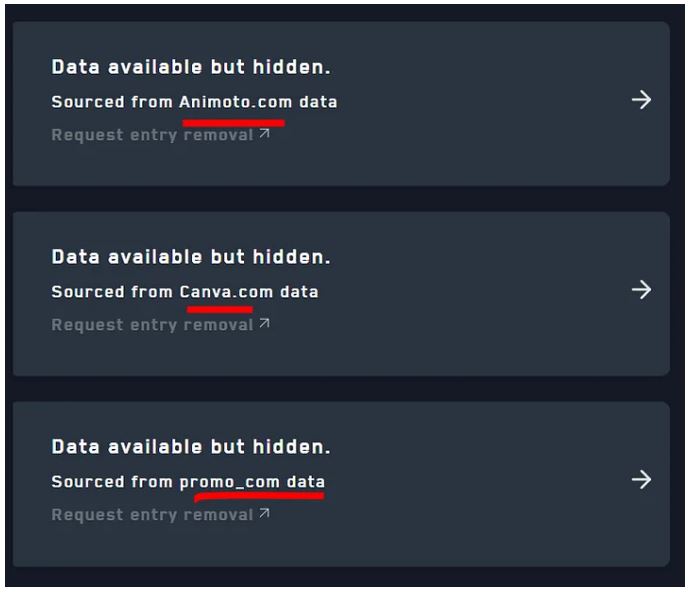Secure your online identity
Unlock the power of email security with Dehashed.com and HaveIBeenPwned
By Wilson Chua
At A Glance
- The article underscores the increasing importance of safeguarding your online identity, especially in the wake of massive breaches in the Philippines that often start with compromised emails and phishing attacks.
- It provides an in-depth comparison of two prominent tools, Dehashed.com and Have I Been Pwned, for checking if your email addresses have been compromised, highlighting their unique features and approaches.
- The article emphasizes the importance of sharing this knowledge with friends and colleagues to collectively enhance digital security and protect against potential breaches and data leaks. It encourages readers to make informed choices based on their values and ethical considerations.
Due to recent massive breaches in the Philippines that may have used compromised email/phishing as an entry point, safeguarding your online identity is more critical than ever.
Our email addresses are the gateways to our digital lives, and the relentless threat of email breaches and data leaks makes it essential to have reliable tools to assess and enhance our email account security.
Two of the most prominent resources in this arena, Dehashed.com and HaveI BeenPwned.com, offer you the means to check if your email addresses have been compromised. But both of these do so in distinct ways.
Understanding Dehashed.com and Have I Been Pwned
These platforms may have a common goal, but their approaches provide unique benefits:
Dehashed.com:
This accessible online tool quickly informs you if your email addresses have appeared in data breaches. It indexes data from known breaches, making the process of checking your email security straightforward and hassle-free.
Have I Been Pwned:
Created by cybersecurity expert Troy Hunt, this platform boasts a comprehensive database of compromised email addresses and passwords. What sets it apart is its dedication to ethical data sourcing, transparency, and the ability to subscribe for breach notifications.
The Process: How to Check If Your Email Has Been Compromised
Both Dehashed.com and Have I Been Pwned offer user-friendly processes that empower you to secure your digital identity:
Dehashed.com:
1. Visit the Dehashed.com website.
2. Input your email address into the search bar.
3. Click ‘Search.’
4. Dehashed.com will quickly inform you if your email address appears in any known data breaches.
Have I Been Pwned:
1. Visit the Have I Been Pwned website.
2. Input your email address into the search bar.
3. The platform will notify you if your email address is found in its extensive database of known breaches.
Key Points of Comparison
1. Ethical Data Sourcing and Privacy:
— Dehashed.com may source data from known breaches, including data that may have been acquired unethically, raising questions about the legality and ethics of using such data. Having said that, Dehash lists the sources of compromise like this sample output below:

Using Dehash lets you know why your email was compromised
— Have I Been Pwned, on the other hand, stands out for its ethical data sourcing practices, maintaining a higher standard of integrity while respecting user privacy.
2. Breach Notifications and User Engagement:
— Have I Been Pwned offers a proactive notification service, giving users the power to act swiftly when their email addresses are involved in future breaches.
— Dehashed.com may provide notifications for its paid subscribers, but its notification system may not be as robust as that of Have I Been Pwned.
3. User Privacy and Consent:
— Dehashed.com has faced criticisms regarding its potential to allow users to check email addresses without the owner’s consent, creating privacy and ethical concerns.
— Have I Been Pwned maintains a higher level of user privacy by only allowing searches for one’s own email addresses, respecting user consent.
Why You Should Share This Knowledge
Empower yourself and your friends by sharing this article. The information can help you strengthen your digital defense and protect your online identity. Choosing the right tool for your email security depends on your values, ethical considerations, and your level of engagement in keeping your digital life secure.
By sharing this article, you’re not only enhancing your own online security but also helping your friends and colleagues navigate the complexities of email compromise detection. Together, we can fortify our digital identities and shield them from potential breaches and data leaks. Share the knowledge and stay secure!